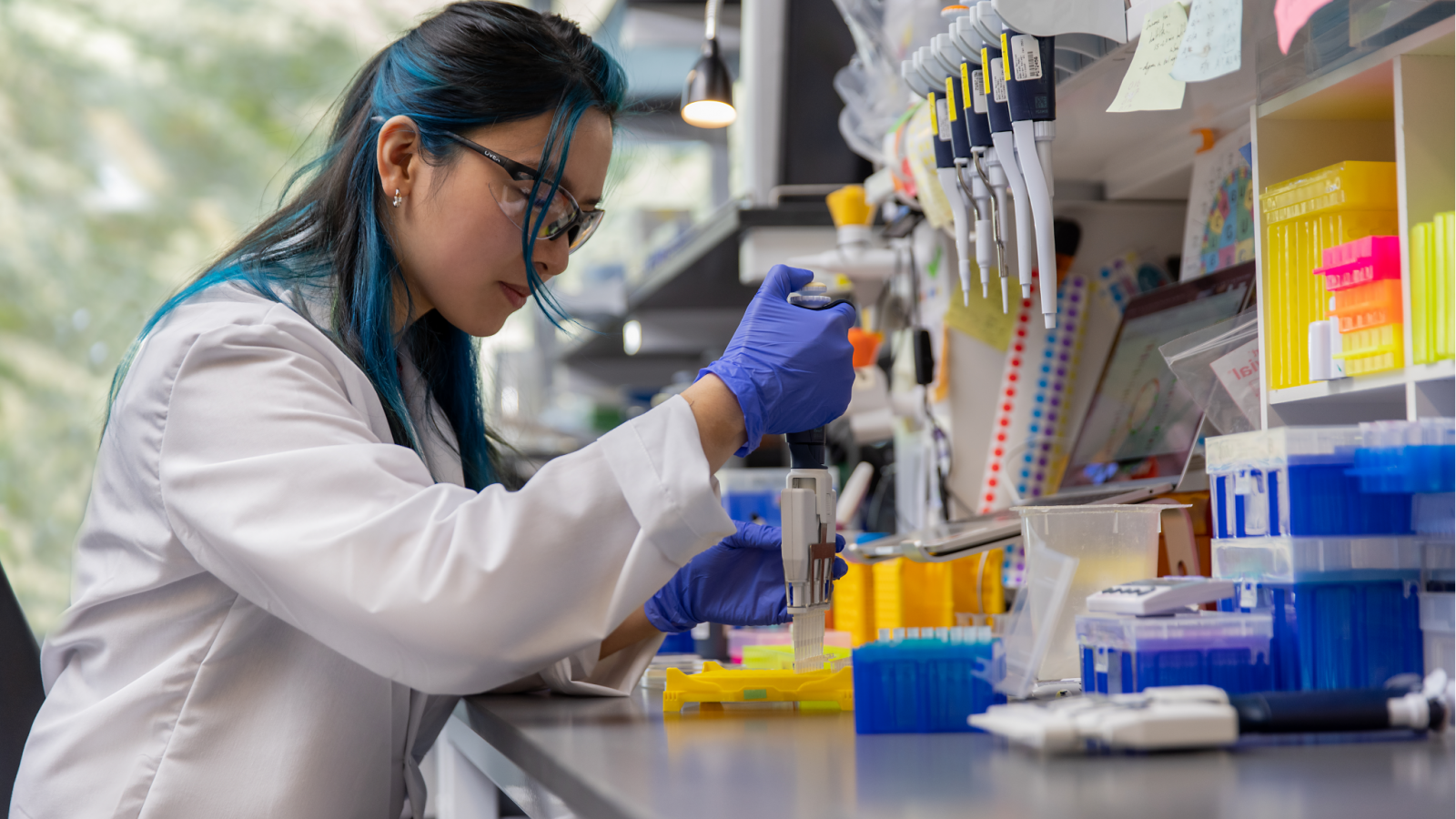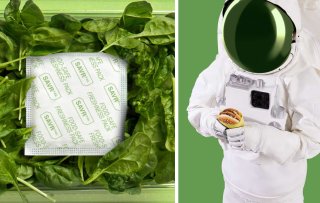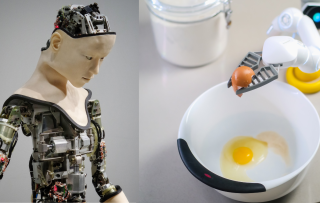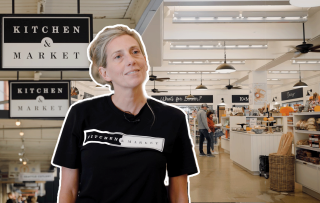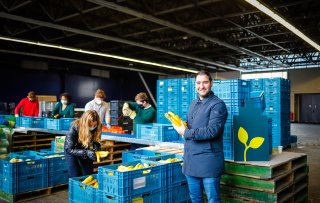Fermentation, aka the controlled rotting of food, has been a popular culinary technique for centuries, and has been used to preserve and add flavor to products. Much less known is the emerging technique of precision fermentation. This technique reprograms microorganisms to produce complex organic molecules, such as proteins. It is seen by many as a promising technique that could help accelerate and scale up the protein transition to a more plant-based diet.
Three examples of food companies that use precision fermentation include:
Perfect Day: dairy proteins
Perfect Day is best known as the creator of the world’s first animal-free milk protein. The food technology company was founded in 2014 in Berkeley, California, by Isha Datar and Ryan Pandya. “When we first started Perfect Day, we had the simple goal of creating a way to make dairy without animals,” says Ryan Pandya, co-founder and CEO. “We quickly realized that we could maximize our positive impact for the planet and the global food system by applying our technology and know-how across the supply chain.” Perfect Day now develops processes that can help create dairy proteins, including casein and whey, with precision fermentation, rather than animals.
The Every Company: egg proteins
Every Company was founded by Arturo Elizondo in 2014 under the name Clara Foods before undergoing a name change in 2021. Elizondo stated it’s his mission "to showcase the power of what it means to use deep tech to fundamentally reshape the food system." Every Company has three products on the market. Firstly there’s the EVERYProtein, a protein whose sole aim is to increase a food or beverage's protein profile. Then there’s the EVERY EggWhite, a 1-to-1 nature-equivalent egg white replacer. Finally, the company produces a non-egg protein called EVERY Pepsin, a 1-to-1 nature-identical porcine pepsin also known as gastric juice enzyme, a peptidase used to digest proteins.

Impossible Foods: heme protein
Impossible Foods has been developing plant-based substitutes for meat products since 2011. Their signature product, the Impossible Burger, was launched in July 2016. Unlike most plant-based products that are intended to emulate meat, the Impossible Burger contains heme, a molecule that gives blood its red color and helps carry oxygen in living organisms.
Heme is found in every living being – both plants and animals, and, according to Impossible Foods, is the ingredient that makes some meats taste so ‘meaty.’ Heme in animals is carried by "hemoglobin" and “myoglobin” among other proteins. Impossible Foods selected the leghemoglobin molecule found naturally in the roots of soy plants to produce heme protein from non-animal sources. And in order to make it in large quantities, the company's scientists genetically engineered a yeast and used a fermentation process very similar to the brewing process used to make some types of beer.
Ingredients supporting the food system
Larissa Zimberoff is an author and journalist who has been covering ‘new foods’ and the interplay between food, technology and business. ‘New foods,’ or, lab-made food, are often created by start-ups that promise solutions to problems like climate change. Out of all the companies Zimberoff has spoken to, and the new foods she has tasted and researched, the most promising development she's found is in precision fermentation. “It’s this idea of just creating singular proteins in the lab that we can use to create foods that are sort of bioidentical.”
“For instance, precision fermentation is used to make rennet, an enzyme that’s used to coagulate milk, to make cheese. Animal rennet is usually obtained from a baby calf's stomachs. But now there are a lot of companies in the food tech space that are using precision fermentation to make singular proteins. I think it's this shift from new foods as a whole product to ingredients supporting our food system that can be very useful. Precision fermentation can form a solution to some of the complexities of the industrial scale supply chain. Still, my view is that eating whole natural foods will remain very important for our health.”
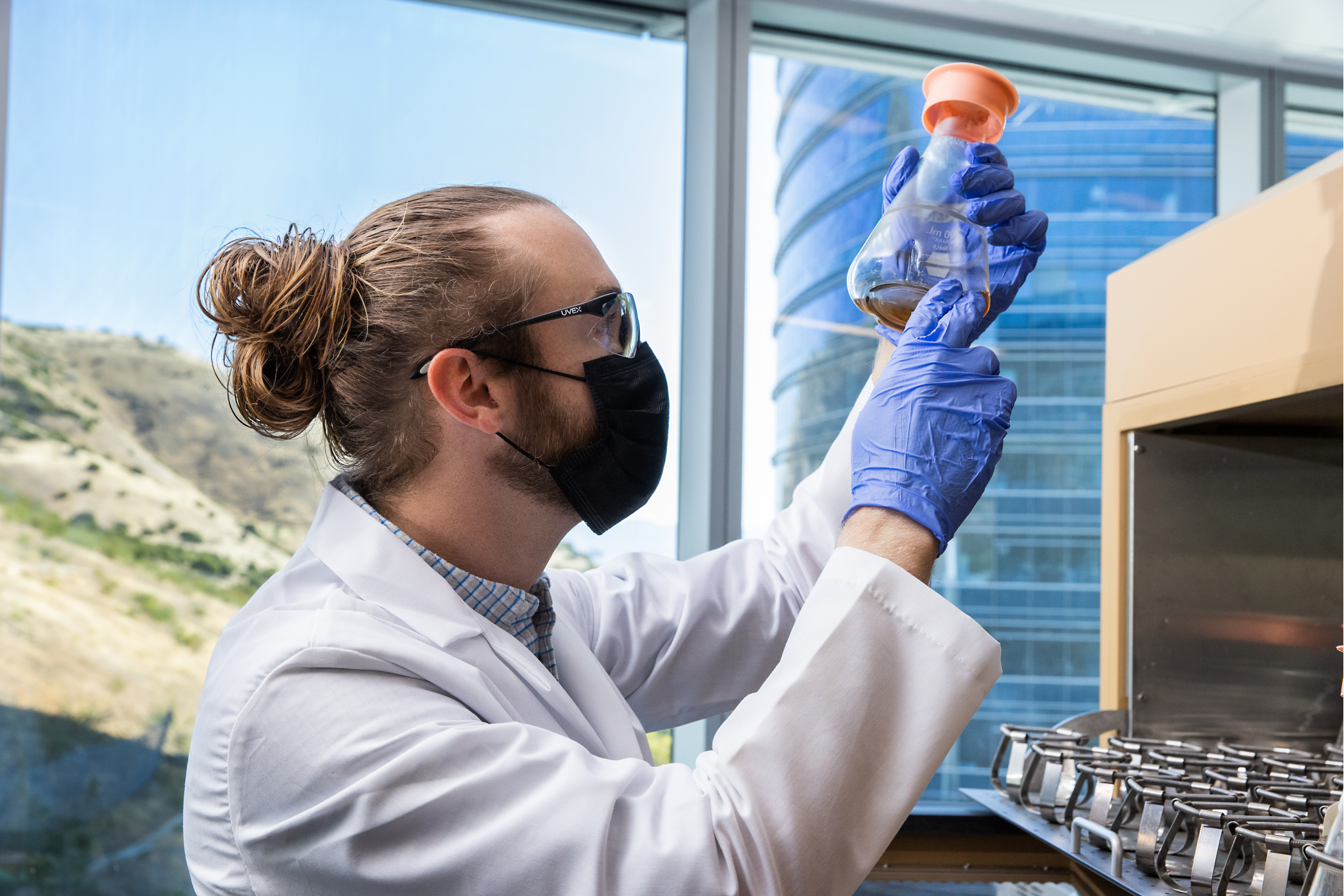
A critical note
Not everyone shares Zimberhoff’s positive view. Critical views around these new foods also come from Ken Roseboro, an expert on genetically modified foods and Editor of The Organic & Non-GMO Report - a research report on non genetically modified organisms and food. According to Roseboro, there are risks that are inherent with synthetic biology. The technology could create secondary substances, such as metabolites, or different levels of compounds that could have negative impacts. An underlying problem with these techniques is that they are based on an outdated paradigm of how biology and nature function. The Organic & Non-GMO Report’s website includes a quote from Jim Thomas, program director at the ETC Group, that states “one of the dangers with synthetic biology is that it pretends that life is a linear, predictable system that you can engineer as if you can re-engineer a car or computer and that DNA is just a code. But all those metaphors are falling apart in the biological sciences.”
Magical disruption
A recent article in Forbes quotes researchers Julie Guthman and Charlotte Biltekoff describing the marketing techniques of new wave food-tech enterprises as ‘magical disruption.’ On the one hand, they intend to replace or compete with the brutality of CAFOs (concentrated animal feedlot operations) and the resulting pollution. But they are also bound by intellectual property regimes that create tremendous value for their founders and investors. The questions the article in Forbes asks are based on the business model of these new food startups. Is the value of the enterprise in the finished product, as either a raw material, ingredient or CPG item? Or is it in the process and techniques or the microorganisms themselves? Who holds the patents or intellectual properties? How much of this technology is open sourced? And what will be the implications for a single company to own the formula for milk, honey or eggs?
 Written by
Written by 